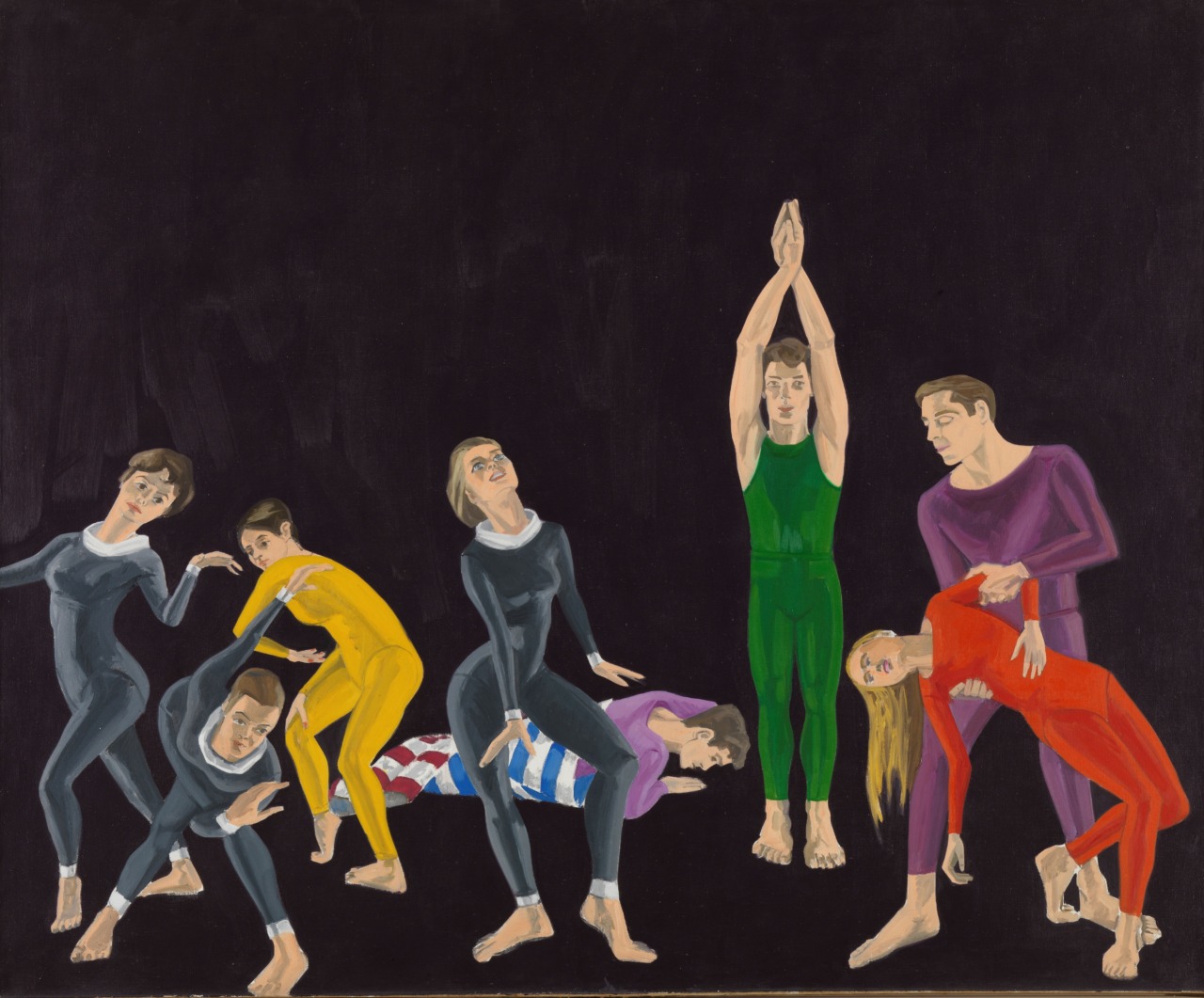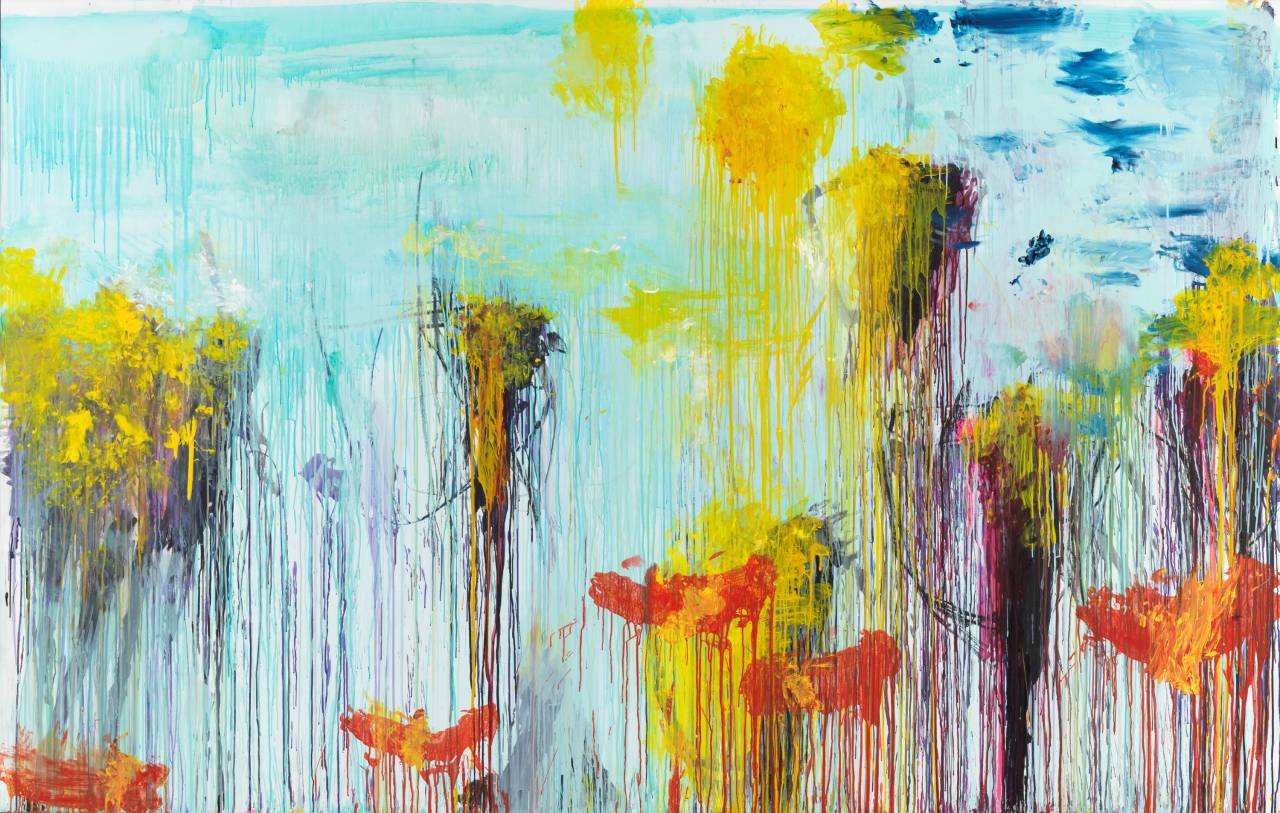
The Futurism of the Female Avant-Garde
Abstract
The fragmented bodies so often created by artists in the postwar era are a sign of the traumatic experience of the world that had just exploded. From another perspective however, it is hard to deny—especially in the case of female artists working with the fragmentation of bodies, oftentimes their own—their science fiction-like quality.
Mária Bartuszová (1936–1996) molds series of ominous organic forms, “Endless Eggs” that look like ruined space ships; Alina Szapocznikow (1926–1973) creates fragmented figures with multiple lips instead of their heads in which monstrosity meets seduction; Eva Hesse’s (1936–1970) series of mechanical drawings seem to be blurring the boundary between body and the apparatus; as for Feliza Bursztyn (1933–1982), her provocative series of sculptures (self-portraits?) called “Histéricas” are as crazy as machines… The examples can be multiplied, what matters however is to see how much these female artists, so often working on the margins and outside of their contemporary contexts (which were dominated by men), dared to create the most extravagant forms and experiment with brand new materials. Their “extemporality” generated a sense of freedom to work in most visionary ways: excluded from their time, they were ahead of (their) time.
About Marta Dziewańska
Marta Dziewańska is curator at Kunstmuseum Bern. Between 2007 and 2018 she was curator and head of research at the Museum of Modern Art in Warsaw and, in 2017, a curatorial advisor for documenta 14, Athens and Kassel. She curated and co-curated exhibitions including “The Other Trans-Atlantic. Kinetic and Op Art in Eastern Europe and Latin America 1950s–1970s” (Museum of Modern Art in Warsaw and SESC Serviço Social do Comércio in São Paulo, 2017–18), “MIRIAM CAHN: I AS HUMAN” (Museum of Modern Art in Warsaw, 2019), “Alina Szapocznikow: Human Landscapes” (The Hepworth Wakefield, 2017). She is the editor and co-editor of numerous catalogs, including “Tools for Utopia” (2020), “Alina Szapocznikow: Human Landscapes” (2018), and “Points of Convergence. Alternative Views on Performance” (2017).


